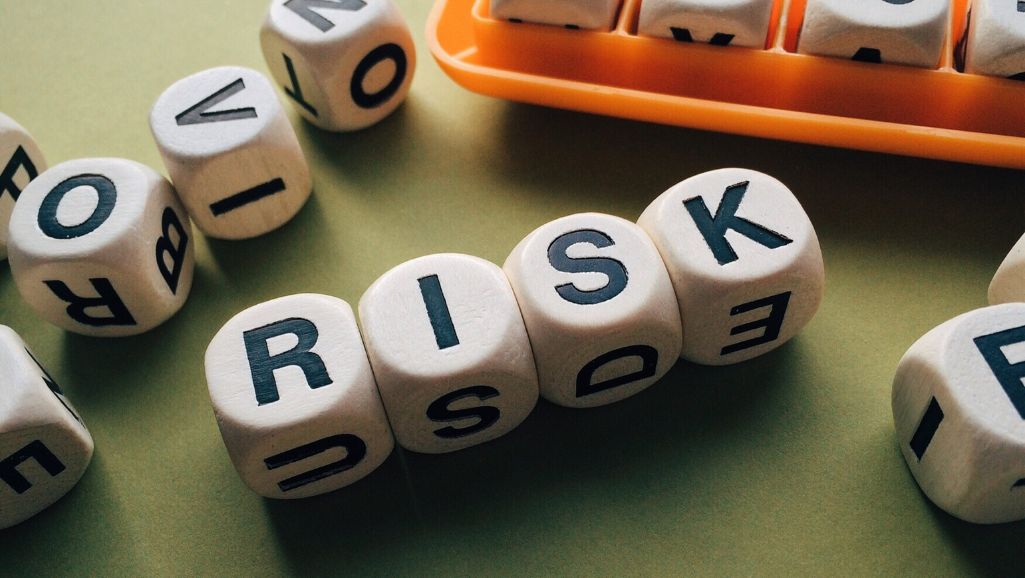What is Financial Risk in Personal Finance?
Financial risk is the chance of something unexpected that could affect your money or plans. It’s like a possibility that things might not go exactly as you thought with your money.

5 Types of Financial Risks in Personal Finance
Your financial plans may encounter various kinds of financial risks. Financial risks can come from things like higher prices, interest rates shifting, surprising things happening, and more. Knowing about these various financial risks assists you in getting ready and making more intelligent choices with your money.
1. Inflation Risk
Example - Rising Prices: Why Money Doesn't Stay the Same
2. Interest Rate Risk
Example - Changing Interest: How It Affects Loans and Savings
3. Income Risk
Income risk relates to the uncertainty of future income due to factors such as job loss, reduced hours, or shifts in career opportunities. It’s essential to have strategies in place to mitigate potential income disruptions.
Example - Money Surprise: When Earnings Change Suddenly
4. Personal Risk
Example - Big Problems: Protecting Against Unexpected Costs
5. Liquidity Risk
Liquidity risk arises when you cannot quickly convert an asset into cash without significantly affecting its value. Having a well-balanced portfolio with diverse assets helps ensure sufficient liquidity when needed.
Example - Money Balance: Having Enough for Now and Later
Raj invests money in places where it can grow over time. But sometimes, Raj needs money immediately, and it’s not easy to get. This risk is about finding the right balance between saving for later and having enough for today.
Final Words
Understanding and dealing with these financial risks is like preparing for different weather when sailing. Just like wearing a life jacket keeps us in the water, planning for these risks keeps our money safe. Having different ways to save, being ready for surprises, and planning for unexpected times are like safety tools for our money.
By knowing about rising prices, interest changes, unexpected money surprises, and significant costs, and having enough money for now and later, we can make a firm plan for our money. Like skilled sailors who navigate rough waters, we can handle financial risks and keep our money safe on our journey to a promising future.
Always remember, the focus isn’t on stopping every trouble but on preparing for them and getting through them smoothly.
Share this:
- Click to share on X (Opens in new window) X
- Click to share on Facebook (Opens in new window) Facebook
- Click to email a link to a friend (Opens in new window) Email
- Click to share on LinkedIn (Opens in new window) LinkedIn
- Click to share on Pinterest (Opens in new window) Pinterest
- Click to share on Telegram (Opens in new window) Telegram
- Click to share on WhatsApp (Opens in new window) WhatsApp
